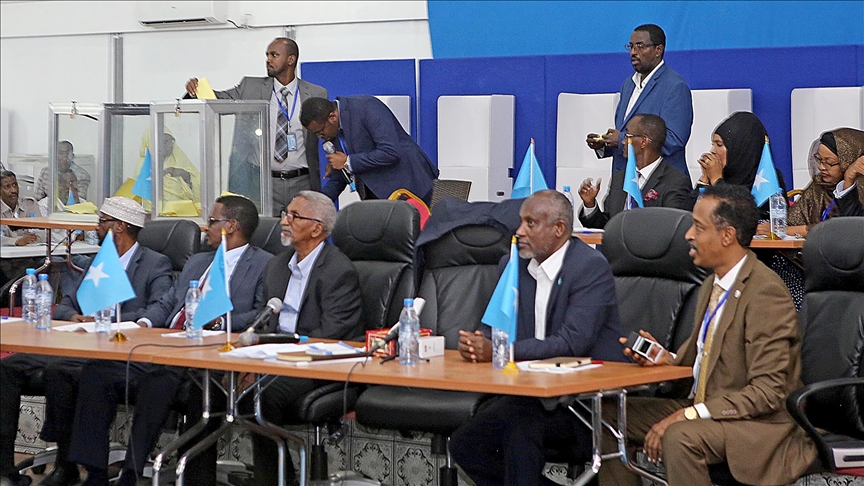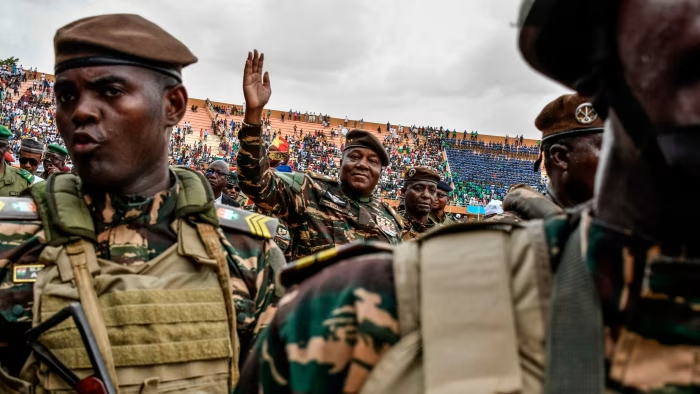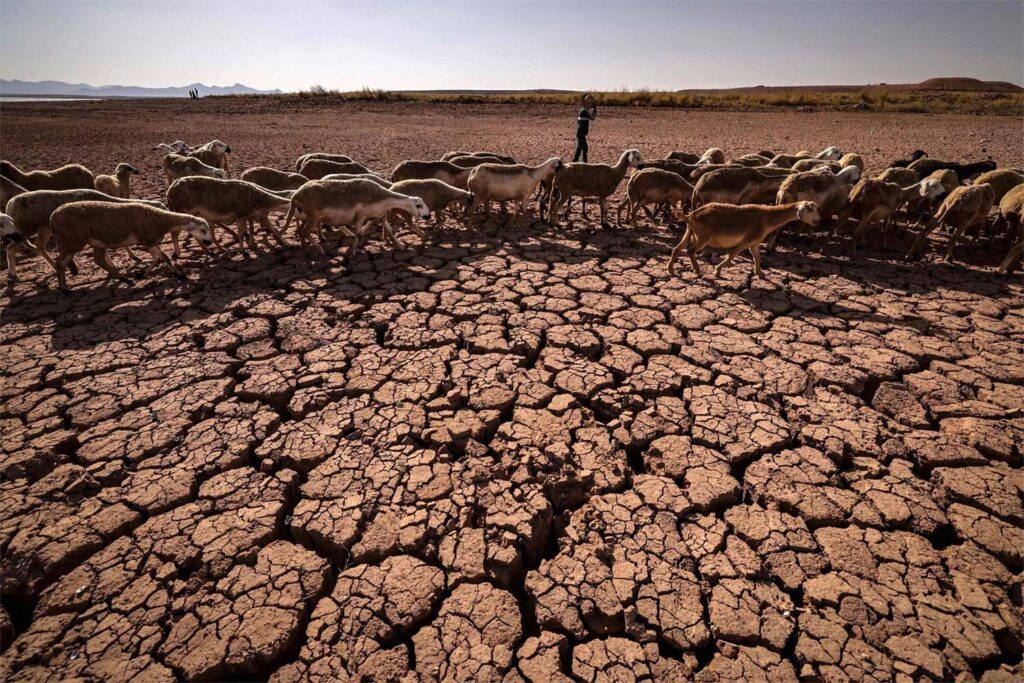
A breakaway faction of Somalia’s main opposition alliance has signed an electoral deal with President Hassan Sheikh Mohamud, shaking the broader opposition movement. The group, including former Prime Minister Omar Abdirashid Ali Sharmarke and veteran diplomat Dahir Mohamud Gelle, split from the powerful Salvation Forum over the weekend.
In Mogadishu on Monday, both sides issued a joint communique outlining a revised electoral framework advancing Somalia toward a one-person, one-vote system. Under the agreement, federal lawmakers will be elected by popular vote, who in turn will elect the president, partially departing from the indirect model.
State legislative assemblies will elect their leaders and deputies, while the federal parliament will choose Somalia’s next president in the coming year. The president will have authority to appoint a prime minister, pending House of People approval, which can also withdraw confidence in government leaders.
Any organization securing 10% support in parliament will gain recognition as a political party, broadening Somalia’s emerging multiparty political landscape. Elections will follow the 2024 Electoral Law and the communique’s provisions, including local councils, federal member states, and federal government positions.
The agreement urged political stakeholders to cooperate in completing Somalia’s democratization process and jointly supporting national security against terrorist threats. It emphasized ongoing efforts to liberate areas controlled by al-Shabaab, referred to as Khawaarij by the Somali government.
Somalia has not held direct elections since 1967, relying instead on the 4.5 clan-based system for parliamentary and presidential selection in 2022. The 2022 model allocated equal parliamentary shares to four major clans, with minority groups receiving a half-share, giving clan elders decisive influence over leadership.
This historic deal signals a potential shift toward a more participatory democracy and marks a critical test for Somalia’s political stability in the coming years.




